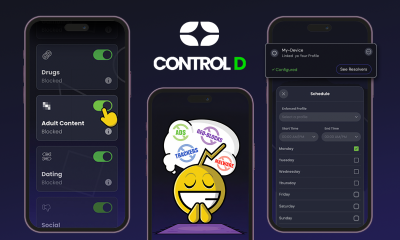Investing
Analysis-Beer time? Investors tempted by brewers as spirits sales falter
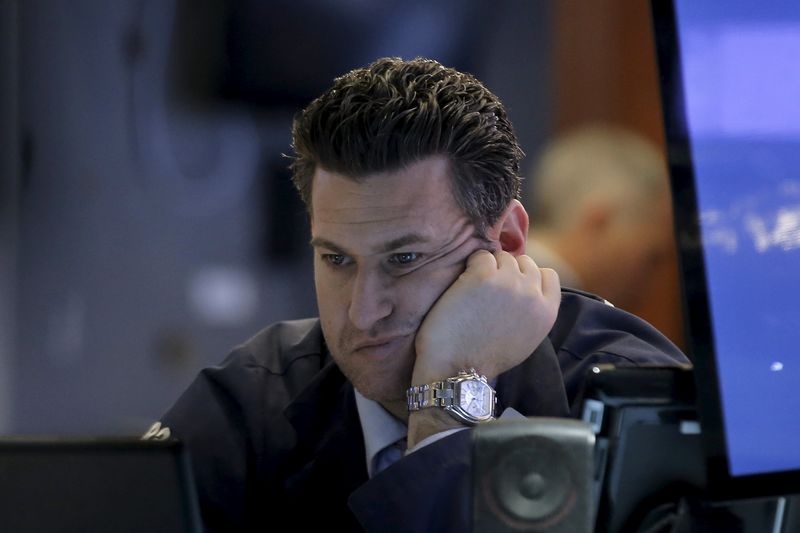
© Reuters. A waiter carries a beer mug at a pub in Mumbai, India, October 20, 2018. Picture taken October 20, 2018. REUTERS/Danish Siddiqui/ File Photo
By Emma Rumney
LONDON (Reuters) – Investors are warming to beer stocks as a relatively cheap way to benefit from growth in alcohol brands, particularly in emerging markets, as easing cost pressures help brewers close the gap on the spirits giants that have outshone them for years.
While spirits companies enjoyed record growth during a post-pandemic boom in expensive liquors, brewers like Anheuser-Busch InBev and Heineken (AS:) have struggled with huge spikes in costs of everything from energy to barely.
This slashed margins and hurt sales as they hiked prices to cover their bills, and accelerated a shift from wine and beer to spirits in Western markets.
But now brewers are set for a recovery in margins as inflation eases, and are raising growth ambitions. While Heineken, the world’s No.2 brewer, recently disappointed markets with its cautious guidance, it still expects to sell more beer in 2024 and could see strong profit growth.
Meanwhile, economic downturns are hurting demand for spirits from companies like Diageo (LON:) and Pernod Ricard (EPA:).
Some investors wonder if they face a more serious challenge than a return to normality after the post-pandemic sales explosion, when many drinkers splashed out on pricey bottles of tequila, whisky and more.
“The big unknown thing for spirits versus beer is how much is in your cabinet at home,” said Tom O’Hara, a Janus Henderson portfolio manager whose fund invests in beer stocks, adding bottles of liquor can sit in cupboards for years.
It was unclear how close drinkers were to running out, or if they would purchase at the same price tag even when they do, he added.
Unsold bottles of spirits are already piling up in some markets, shaking investor confidence in top firms like Diageo as some drinkers ditch pricey spirits for cheaper options.
Diageo and Pernod Ricard have also seen falling sales in the critical U.S. market.
The risks to spirits businesses were possibly underestimated, O’Hara said, adding the stocks were also relatively expensive.
“Beer is easier: it’s resilient, there’s very little downtrading,” he continued, adding there was a consensus building around this view.
BEER SET TO GROW
Moritz Kronenberger, a portfolio manager at Germany’s Union Investment, which invests across spirits and beer, said some drinkers appeared to be swapping back from spirits to beer.
However, Marco Scherer, a portfolio manager at Metzler Asset Management, which also holds both stocks, felt spirits companies’ troubles were short-term.
Longer-term, they were better able to grow volumes, had strong brands and more pricing power than brewers, he said.
While beer is losing share in some markets, globally it is set to grow volumes and gain share in terms of litres of alcohol sold, Jefferies analysts said in a recent note.
Market research firm Euromonitor International expects beer’s share of total alcohol volume to rise slightly by 2027, with spirits’ share edging down.
International brewers are increasingly cementing their brands in big, emerging markets in Latin America, Africa and Asia, where demand for beer is growing as incomes rise, Jefferies’ analysts said.
In Latin America, for example, both AB InBev and Heineken have invested in growth initiatives, such as offering fast deliveries of cold beers to drinkers’ doorsteps.
That has helped drive sales in countries like Mexico – one of Heineken’s top performing markets last year, Chief Executive Dolf van den Brink told Reuters.
Spirits sales are conversely falling in such markets, possibly because liquor makers hiked prices too far while beer has to remain affordable, Etienne Roux, a portfolio manager at beer investor Truffle Asset Management, said.
Spirits shares are also too expensive given the challenges they face, he continued.
Spirits companies’ valuations have come down to trade more in line with historical levels after skyrocketing during the pandemic, while beer stocks remain cheaper than in the past.
But spirits stocks were undervalued by some measures too, said Joseph Gabelli, portfolio manager at Gabelli Funds, adding both sectors were primed for future growth.
“I wouldn’t sell spirits and buy beer, but I would buy beer,” he said, adding beer stocks were becoming more attractive as problems recede.
Read the full article here

-
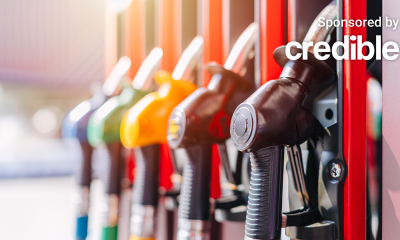
 Personal Finance6 days ago
Personal Finance6 days agoGas prices drop as demand for driving fizzles out: AAA
-

 Investing6 days ago
Investing6 days agoCrowdstrike CEO Responds to Causing Largest IT Outage in History
-

 Side Hustles6 days ago
Side Hustles6 days agoHow to Build A Startup, From an Early Lyft, Twitch Investor
-

 Passive Income6 days ago
Passive Income6 days agoThe Top 5 AI Tools That Can Revolutionize Your Workflow and Boost Productivity
-
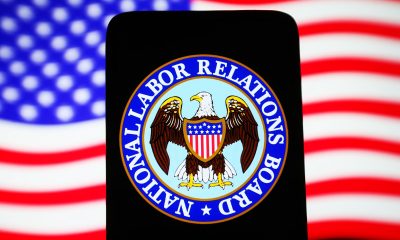
 Passive Income4 days ago
Passive Income4 days agoNLRB Drops Expanded Joint Employer Appeal
-

 Side Hustles6 days ago
Side Hustles6 days agoJake Paul: Mindset Hacks, Mike Tyson Fight, Embracing Fear
-
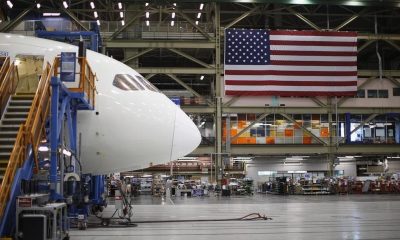
 Investing6 days ago
Investing6 days agoBoeing to supply E-7 in first major win since plea deal By Reuters
-

 Side Hustles5 days ago
Side Hustles5 days ago10 Effective Growth Marketing Strategies for Your Startup



